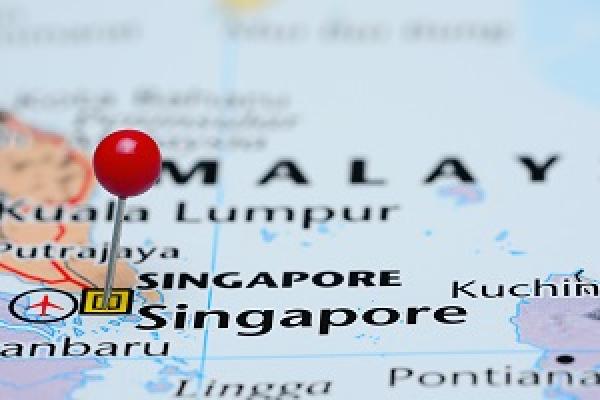
Thuolase Vengadashalapathy
Published: October 22, 2019
September 2019

A new international convention is intended to make the enforcement of mediation agreements as easy as the enforcement of arbitration awards.
Pre-Singapore Convention
The trend towards mediation in commercial disputes has grown in recent years as parties look for savings in costs, time and resources, coupled with the less adversarial approach and flexibility often associated with mediation.
However, the availability of an internationally-endorsed regime for the enforcement of international arbitration awards (New York Convention on the Recognition and Enforcement of Foreign Arbitral Awards) and the very recent adoption of the Convention on the Recognition and Enforcement of Foreign Judgments in Civil or Commercial Matters (Judgment Conventions) have highlighted the absence of a unified cross-border enforcement mechanism for mediated settlements.
Traditionally, if settlement agreements concluded at mediation outside of underlying court or arbitration proceedings were breached, the remedy was to bring a claim for breach of contract before the appropriate Court or an arbitral tribunal. Any judgment or award obtained would then have to be separately enforced, sometimes in a different jurisdiction where the defaulting party's assets may be located. The international flavour of commercial disputes means that this process can inevitably be time-consuming, costly and burdensome, if not sometimes futile.
Singapore Convention and its benefits
On 7 August 2019, 46 Member States signed an international treaty in Singapore intended to address the shortcomings and challenges of the present process and promote the continued adoption of mediation as an effective and efficient alternative to resolving business disputes. This treaty, known as the United Nations Convention on International Settlement Agreements Resulting from Mediation (Singapore Convention), aims to make cross-border enforcement of mediated commercial settlements a straightforward process by allowing them to be enforced in the same way as a Court judgment or Arbitral award.
In addition to the benefits that mediation already brings, the assurance that mediated agreements can be readily enforced will, it is hoped, contribute to an increased level of trust between business counterparts. It is also expected that this harmonised framework will facilitate early-stage resolution of disputes, which is often crucial to the preservation of long-standing business relationships.
Application and enforcement
The Singapore Convention will come into force six months after at least three Member States have implemented domestic legislation giving effect to it. It will then apply “to an agreement resulting from mediation and concluded in writing by parties to resolve a commercial dispute (“settlement agreement”) which, at the time of its conclusion, is international in that:
- At least two parties to the settlement agreement have their places of business in different States; or
- The State in which the parties to the settlement agreement have their places of business is different from either:
- The State in which a substantial part of the obligations under the settlement agreement is performed; or
- The State with which the subject matter of the settlement agreement is most closely connected.”
The Convention will not apply to settlement agreements in respect of disputes arising from transactions engaged in by one of the parties (a consumer) for personal, family or household purposes, or relating to family, inheritance or employment law.
Similar to the regime under the New York Convention, enforcement of mediated settlements can be refused by courts of a Convention State on limited grounds and in this case where:
- A party to the settlement agreement was under some incapacity;
- The settlement agreement is null and void, inoperative or incapable of being performed under the law it is subjected to or the law deemed to be applicable;
- The settlement agreement is not binding or final according to its terms, or has been subsequently modified;
- The obligations in the settlement agreement have been performed, or are not clear or comprehensible;
- Granting relief would be contrary to the terms of the settlement agreement;
- The party would not have entered into the settlement agreement without a serious breach by the mediator of standards applicable to the mediator or the mediation; or
- The mediator failed to disclose circumstances that raise justifiable doubts as to the mediator’s impartiality or independence and this had a material impact or undue influence on the party, without which that party would not have entered into the settlement agreement.
Support from Singapore and the international community
Member States are optimistic that the unified support the Convention has gained in its early days will in time reflect the exemplary success of the New York Convention, which has since been ratified by nearly 160 Member States. Indeed the Singapore Convention has been signed by some of Asia’s and the world’s largest economies including US, China, India and South Korea.
The Convention is also regarded as a major milestone in Singapore's long-term commitment to serving as a key dispute resolution and maritime hub regionally and globally, supplementing the existing infrastructure and support provided by its Courts including the International Commercial Court (ICC), arbitration auspices such as the Singapore International Arbitration Centre (SIAC) and Singapore Chamber of Maritime Arbitration (SCMA), and the Singapore International Mediation Centre (SIMC).


